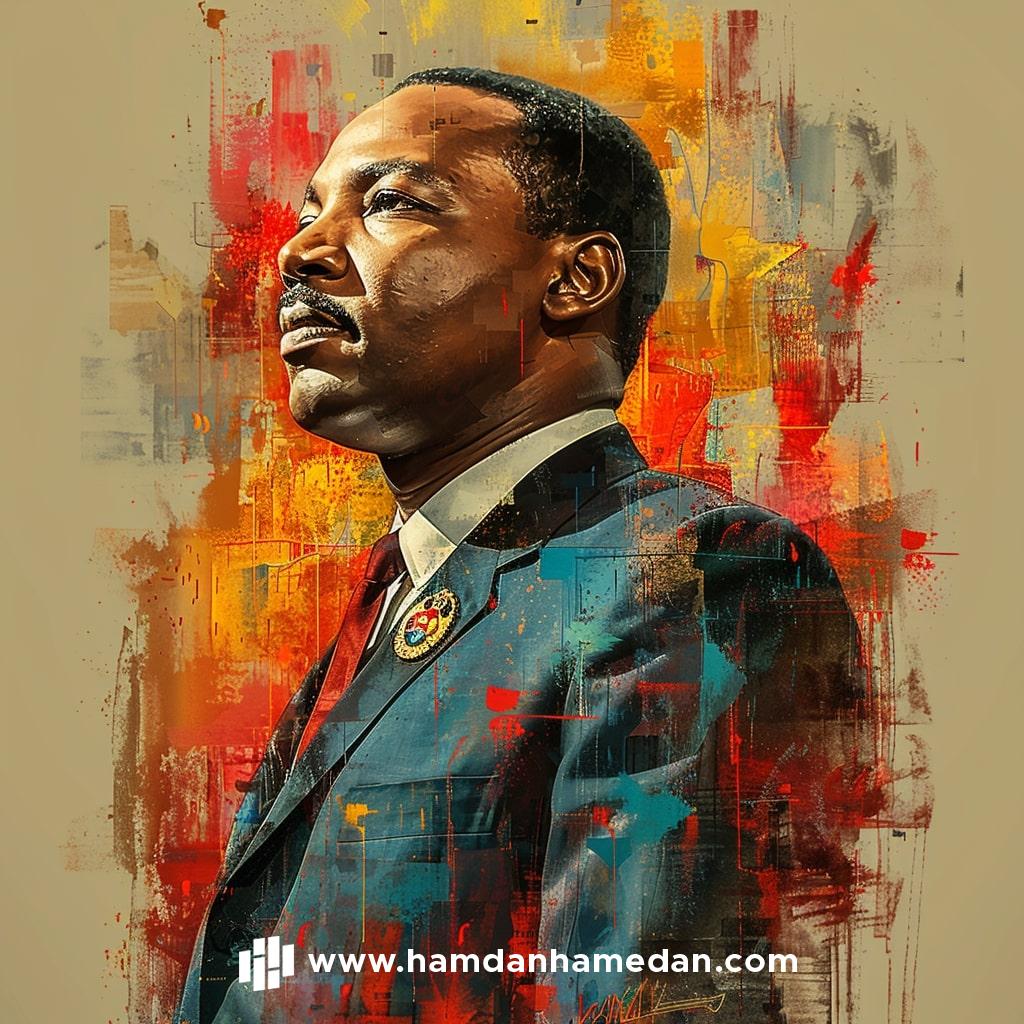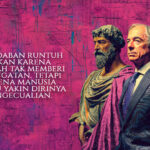
On April 13, 1944, a precocious 15-year-old boy from Atlanta, Georgia, sat happily on a back seat reserved for Blacks in the “colored” section of the bus. It had been a joyful day so far for him. He had just won a public speaking contest about social equality and couldn’t wait to tell his family about his achievement. His name was Martin Luther King Jr.
Soon thereafter, all the seats in the bus filled up, and the bus driver quickly told Martin and his Black teacher to surrender their seats to newly boarding white passengers. Young Martin refused at first, but his teacher whispered a reminder of the rule, “whites before Blacks.” Feeling denigrated, angry, yet powerless, Martin conceded and complied nonetheless.
Unpleasant experiences with segregation and unfair treatment against colored people during his early years inevitably served to embolden young Martin’s resolve to address racial inequality in a country whose Declaration of Independence famously begins with the dictum that “all men are created equal.” Fast-forward 20 years later, that young man from Atlanta, now respectfully addressed as Dr. King, had become the undisputed champion of racial equality for Blacks in America, commanding respect from both friends and foes alike, as well as gaining allies in the highest places. When one such ally, President Lyndon Johnson, signed the Civil Rights Act of 1964, effectively ending segregation in public places, Dr. King, along with other Black civil rights leaders, stood dignified behind the president at the White House.
As historic as the Civil Rights Act of 1964 is for Black people, it is equally historic how Dr. King and his coterie of associates helped bring the law into existence. At the time Black people gained their freedom a century earlier, the nation was embroiled in civil war and mayhem. Inspired by Mahatma Gandhi’s successful, peaceful resistance against the British, Dr. King extrapolated that nonviolent protest is the most effective weapon against a racist and unjust society, even if it meant being constantly imprisoned and brutalized.
Perhaps peaceful nonviolent resistance made Dr. King look weak initially, as well as appear to be at odds with a number of civil rights leaders, especially those from the Black Power movement, who advocated a more aggressive approach to bring about social change, “by any means necessary.” Dr. King rejected this abrasive approach, averring that, “Darkness cannot drive out darkness; only light can do that. Hate cannot drive out hate; only love can do that.”
Together with many other civil rights activists, Dr. King initiated a peaceful March on Washington, D.C., in 1963. Standing before a cheering crowd of 250,000 people, Dr. King delivered his “Dream” speech, describing his vision of social equality in America so eloquently, so poignantly, that it reverberated throughout the nation. The peaceful march ultimately met its objective: It galvanized both the government and its citizens of different backgrounds to fully realize racial equality.
Dr. King’s peaceful campaign continued to bear fruit. Just a year after the Civil Rights Act was signed, President Johnson moved on to sign the Voting Rights Act of 1965, guaranteeing African-Americans the right to vote. However, the symbiotic relationship between the two great protagonists of the civil rights movement would soon turn antagonistic following the president’s decision to escalate the Vietnam War.
As a man who espoused peaceful resistance as well as being a man of God, Dr. King abhorred violence, let alone war. He then spoke out against the Vietnam War, for he believed that the war was not only morally wrong but also unjustly taking away the resources and energy that should instead be prioritized to help the poor and vulnerable in America. His anti-war stance made him both a target for diatribe and espionage by his political adversaries and the government, respectively. He was accused of being unpatriotic, perfidious, and even a communist. Congressman Adam Clayton Powell even went as far as to declare that “the day of Martin Luther King has come to an end.” He mocked Dr. King, calling him Martin Loser King.
Yet Dr. King, the youngest man ever to win a Nobel Peace Prize, persevered and continued to speak against the evil of war amid hurling verbal abuses and vitriolic attacks against both his character and life. He stood by his principle, and he assiduously reminded others that, “The ultimate measure of a man is not where he stands in moments of comfort and convenience, but where he stands at times of challenge and controversy.”
As he preached against what he called the unjust war, he stressed another form of injustice that must be urgently addressed — poverty. He argued that the vicious cycle of poverty plaguing 35 million Americans — black, red, white, whatever their skin colors — stripped away their inalienable right to “the pursuit of happiness.” He continued to advocate for the plight of the poor until the fateful evening of April 4, 1968, when he was assassinated while lending a hand in support of impoverished sanitation workers who were striking in Memphis.
In a few days, millions of people — in America and globally — will celebrate Martin Luther King Jr. Day. While his life was a testament to the power of dream and perseverance, perhaps Dr. King’s most lasting legacy is his perpetual spirit to help the poor and address social injustice. To him, “Injustice anywhere is a threat to justice everywhere.” And the world we live in today — from America to Indonesia — does not lack injustice that needs to be righted, violent conflict that needs to be stopped, bigotry that needs to be addressed, and poverty that needs to be eradicated.
Hence, Martin Luther King Jr. Day is by no means a day off; it’s a day on. It’s a day to remember what he stands for. It’s a day to reflect on what one can do for others. It’s a day to act. After all, Dr. King beautifully reminded us that life’s most pivotal question is, “What are you doing for others?”
Author’s Note: This article was first published in the Monterey Herald in June 2015 and is republished here by the author for wider dissemination




